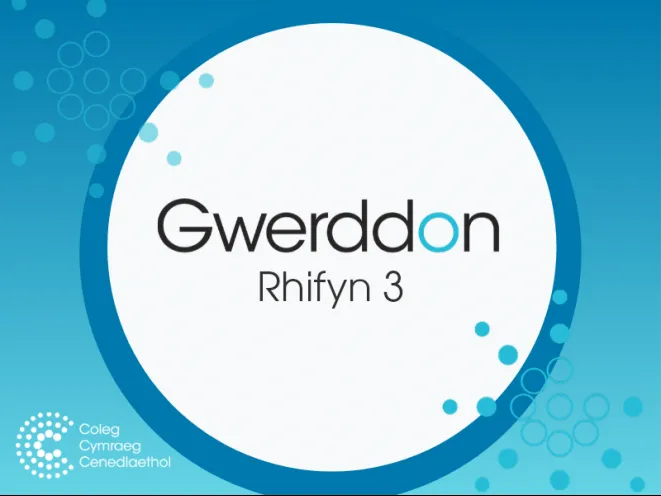The Welsh language has several features in its grammar which are crosslinguistically very unusual. This paper looks at five such features, at their rarity in the languages of the world and at their place in Welsh grammar. It shows that the textual frequency of each feature, in corpora of spoken and written Welsh, is declining. These five features, which had been stable in Welsh since the earliest records well over a thousand years ago, have in the lifetime of older speakers become optional or obsolescent in the spoken language: the grammar of the language has changed. Welsh is likely changing because of bilingualism. Along with the recent increase in the public use of Welsh has come an increase in the use of English in the everyday lives of Welsh speakers. The average Welsh-speaker now speaks more English than Welsh, outside the family at least. Speaking a second language fluently and regularly HAS been shown to affect the speaker's first language, probably to lessen the psychological load in constantly switching between the two languages. It is argued that in such a situation cross-linguistically unusual features are inherently more susceptible to loss. Finally, the paper looks very briefly at possible future developments.
The effect of recent changes on the linguistic uniqueness of Welsh
Documents and links:

Feedback
Don't see what you want? Problem with the files? Do you have a suggestion? Send your feedback to us.

